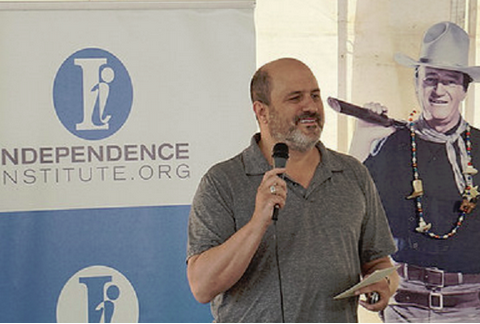The Center for Competitive Politics filed a lawsuit on behalf of a Colorado think tank saying that state campaign finance disclosure laws are unconstitutional under the First Amendment.
The Independence Institute wishes to run an ad asking citizens to contact Colorado Governor John Hickenlooper and urge him to initiate an audit of the Colorado Health Benefit Exchange.
However, Colorado law treats speech about public issues as campaign speech whenever a candidate is mentioned in a broadcast ad within 60 days of the general election. Groups must either file public reports with personal details about donors who have provided funds for the ads, or refrain from speaking. The result is what First Amendment advocates call a “chilling” effect on advocacy, depriving the public of important speech about issues of public importance.
Donors and speakers have many reasons to protect their privacy. Some fear retaliation from government officials who disagree with them. Others fear physical harm or threats to themselves and their families, vandalism to their property, loss of jobs, or boycotts of their business if they support unpopular views. Some just value their privacy, or don’t want their contributions to spur numerous requests for assistance from other groups discussing other issues. Nonetheless, Colorado law transforms issue speech into campaign speech whenever a candidate for office is mentioned within two months of the general election. As a result, many groups choose silence over advocacy.
To protect its donors, the Institute asked the U.S. District Court of the District of Colorado to declare that the First Amendment forbids the state from regulating this ad.
A backgrounder on the litigation can be found here.














